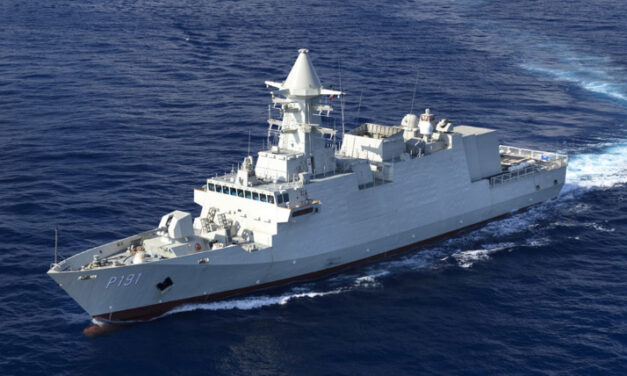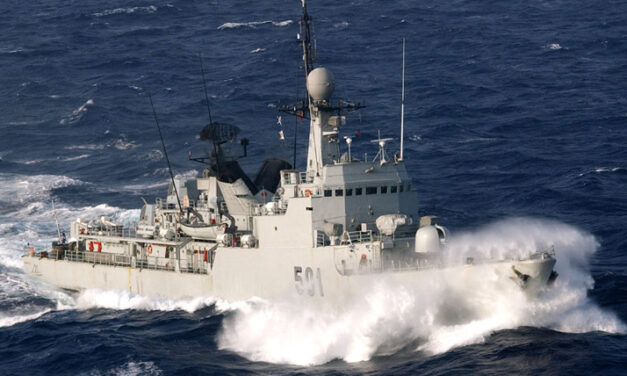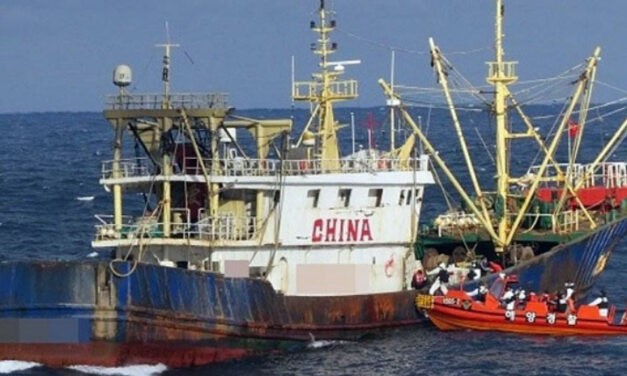International programmes for corvettes and frigates
The world's corvette and frigate fleets attract considerable operational and market interest. This emphasises the importance that will be attached to them in the future. Corvettes and frigates remain at the centre of planning and investment for several reasons. Firstly, the two ship classes are among the most numerous types of multi-purpose surface combatants. Unlike patrol vessels, combat boats, speedboats and other types of ships that have been specifically optimised for one mission, corvettes and frigates are generally designed to carry out missions in several maritime operational areas. In particular, this includes combating surface, air and FK attacks as well as submarine hunting. Secondly...
Weiterlesen






Latest comments